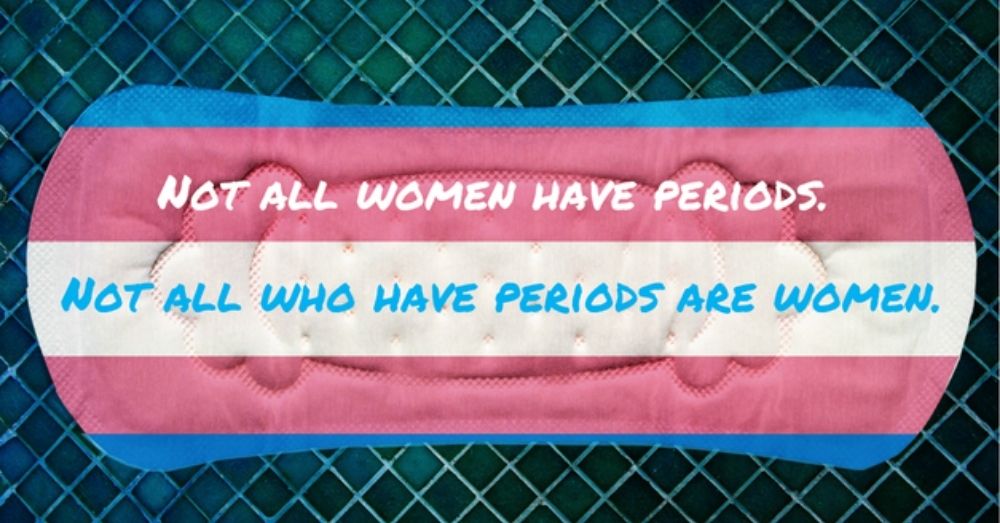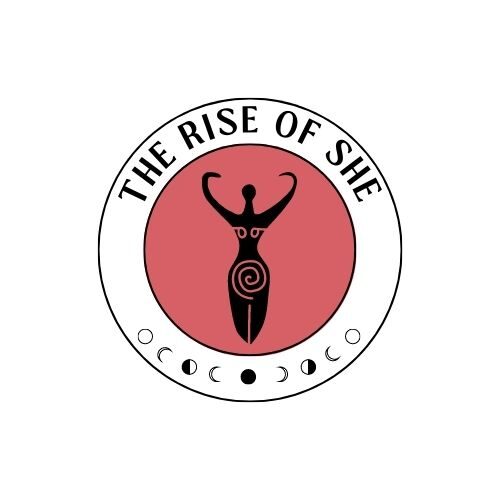As a cisgender woman who advocates for inclusivity and support for all individuals experiencing menstruation, it’s crucial to recognize the importance of using gender-neutral language in our conversations.

While menstruation is often associated with women, it’s essential to acknowledge that not all individuals who menstruate identify as women.
Transgender men and non-binary individuals may also experience menstruation, and by using gender-neutral language, we can ensure that our discussions are inclusive and respectful of everyone’s experiences.
What I am realising in my field is that it is very important not to gender period talk because menstruation is a natural biological process that occurs in individuals of various gender identities. By associating menstruation exclusively with one gender, typically women, it can invalidate the experiences of transgender and non-binary individuals who also menstruate.
Furthermore, gendering period talk can contribute to stigma and shame surrounding menstruation. It implies that discussing periods is only relevant or acceptable for people of a certain gender, which can make those who menstruate feel uncomfortable or excluded from important conversations about their own health.

Many trans and non-binary people experience gender dysphoria. Gender dysphoria is the experience of stress or discomfort related to an assigned sex at birth and gender identity not matching up.4 Transmasculine people often experience severe dysphoria while menstruating. Gender dysphoria can look like:5
- Anxiety
- Depression
- Poor self-esteem
- Negative sense of well-being
So by creating an inclusive environment where period talk is normalised for everyone helps break down stigma, promotes understanding, and ensures that all individuals have access to accurate information and necessary resources related to menstruation, regardless of their gender identity.

- Validating All Experiences: When we use gender-neutral language to discuss menstruation, we validate the experiences of transgender and non-binary individuals. By acknowledging that menstruation is not exclusive to women, we create a space where all individuals feel seen, heard, and supported in their experiences.
- Breaking Down Stigma: Gendering conversations about menstruation can reinforce harmful stereotypes and stigma surrounding gender roles and identities. By using inclusive language, we challenge these norms and promote acceptance and understanding of diverse experiences. Breaking down stigma is essential for creating a more inclusive and supportive society where everyone feels comfortable discussing their health and bodies openly.
- Fostering Empathy and Understanding: Using gender-neutral language encourages empathy and understanding among all individuals, regardless of their gender identity. It reminds us that menstruation is a natural biological process that transcends gender, and that everyone deserves access to accurate information, support, and resources related to menstruation.
- Promoting Accessibility: When our language is inclusive, it ensures that our conversations, resources, and support services are accessible to everyone. Transgender and non-binary individuals may face barriers to accessing menstrual products, healthcare, and support due to gendered language and assumptions. By using inclusive language, we can help dismantle these barriers and ensure that everyone has access to the care and support they need.
- Creating a Culture of Respect: Ultimately, using gender-neutral language in conversations about menstruation is about respect. It’s about respecting the diverse identities and experiences of all individuals and creating a culture where everyone feels valued and included. By embracing inclusivity in our language, we contribute to a more equitable and compassionate society.
In conclusion,
Anyone can menstruate, regardless of their gender identity. For some individuals, like those who identify as non-binary or other gender identities, navigating period products and seeking healthcare or general support can be difficult. They may also experience gender dysphoria, which can include mood and self-esteem changes. Still, you can practice self-care during your periods—no matter your gender identity

As cisgender women who support individuals experiencing menstruation, it’s essential to recognize our role in promoting inclusivity and using gender-neutral language in our conversations. By doing so, we validate diverse experiences, break down stigma, foster empathy and understanding, promote accessibility, and create a culture of respect.
Let’s commit to embracing inclusivity in all aspects of our advocacy and support efforts, ensuring that everyone feels seen, heard, and valued in discussions about menstruation.

